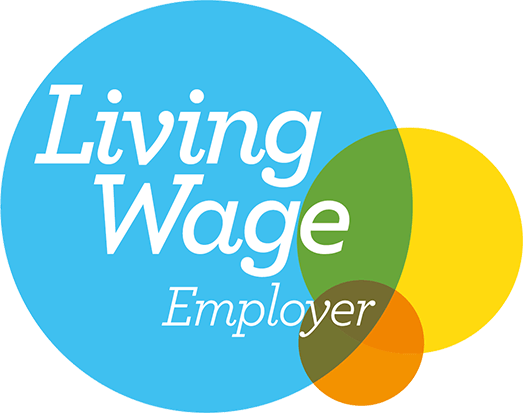Following a lengthy public inquiry, Planning Potential secured permission for a development of 135 new homes, with associated access, parking, publicly accessible open space and landscaping at New Eltham in the Royal Borough of Greenwich.

Giving evidence at the public inquiry, we successfully challenged the Borough’s five-year land supply – enabling the Inspector to reduce the weight he afforded to restrictive local plan policies in his deliberations, whilst also giving great weight to the very considerable benefits of the development. Having considered our evidence, the Inspector concluded that there was “an overriding case in support of the development proposed in this appeal” and granted permission in May 2016.
When we were appointed to develop a planning strategy for the Avery Hill site in New Eltham in 2014, we were aware that it had a long and complex planning history and had previously been the subject of an unsuccessful appeal. Acting on behalf of Linden Homes, we looked at the site afresh, carefully considering the opportunities and constraints it presented.
Following extensive discussions with the Royal Borough of Greenwich and the Greater London Authority, we proposed a much-improved scheme, which was presented to the local community for consideration at a six-day public exhibition. We prepared and submitted a planning application in December 2014, for a development of 136 dwellings, with associated access, parking, landscaping and publically accessible open space.
The vacant application site at Avery Hill was linked to another vacant site in New Eltham – the former Bardhill Sports Ground. With both sites in the same ownership, we simultaneously managed two complex planning processes, to enable the development of a high quality residential scheme at Avery Hill, coupled with the redevelopment of the disused sports ground at Bardhill, to provide sports pitches, a community building, school/community garden and associated parking and landscaping. The delivery of these new facilities at Bardhill was linked to the proposed development at Avery Hill by a S106 Planning Obligation.
The site of the proposed residential development, at Avery Hill, was formerly used by the Gaelic Athletic Association (GAA) for the playing of Gaelic sports. The 5.3-hectare space is surrounded by residential properties, on all four sides, with access from Avery Hill Road. Use of the site ceased in 1992 when the GAA centralised their sporting facilities around their headquarters in Ruislip. Although it was subsequently unmanaged and had become overgrown and inaccessible, this privately-owned site was still designated by Greenwich Council as Community Open Space.
Our planning proposals were influenced by feedback provided by the local community. The scheme was amended during the planning application process to respond to comments made by the Council and stakeholders. These changes included the removal of one unit – reducing the total number of homes proposed to 135 – the relocation of parking areas, alterations to apartment block elevations and enhancements to the landscaping scheme.
Although the Bardhill application was approved by Greenwich Council’s Planning Board in July 2015, the Avery Hill application was rejected by members, in line with the officers’ recommendation.
We quickly prepared, coordinated and submitted an appeal – including a full statement of case, draft statement of common ground and relevant core documents. Our management of the appeal process included the preparation of detailed instructions to counsel and our own proof of evidence in relation to the planning and housing considerations.
We participated in the two-week inquiry and our Director, Stuart Slatter was called as the expert witness on housing and planning matters. Having considered the evidence presented, the Inspector agreed with Stuart’s evidence, concluding that “there is an overriding case in support of the development proposed in this appeal, when properly appraised on its individual merits.”
In his appeal decision, which was published on 26 May 2016, the Inspector also confirmed that the Council was unable to demonstrate a five-year housing land supply. It was therefore appropriate for him to reduce the weight afforded to restrictive local plan policies, whilst also giving weight to the very considerable benefits of the development. The Inspector added that on an overall balance of planning judgement, the adverse impacts would “not be so great as to significantly and demonstrably outweigh the considerable benefits of the development”.
Summary of achievements
- Development of a fresh planning strategy for the proposal sites
- Provision of pre-application advice
- Preparation and submission of simultaneous planning applications
- Preparation, management, coordination and submission of an appeal – including a full Statement of Case, Draft Statement of Common Ground and relevant core documents
- Preparation of detailed Instructions to Counsel
- Preparation of a rebuttal proof of evidence in response to the Council’s submitted case
- Provision of Section 106 advice








